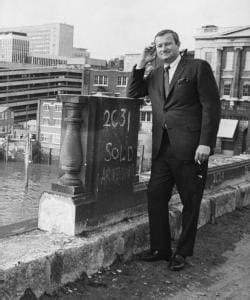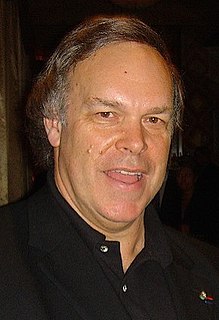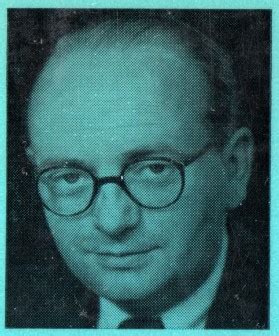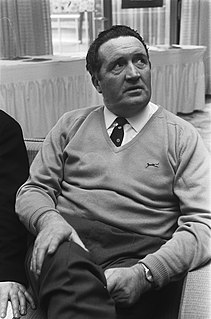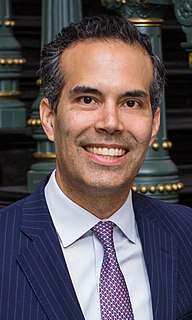A Quote by Edward Sapir
A second type of direct evidence is formed by statements, whether as formal legends or personal information, regarding the age or relative sequence of events in tribal history made by the natives themselves.
Related Quotes
Our investigation looked at whether there is evidence classified information was improperly stored or transmitted on that personal system, in violation of a federal statute making it a felony to mishandle classified information either intentionally or in a grossly negligent way, or a second statute making it a misdemeanor to knowingly remove classified information from appropriate systems or storage facilities.
Scores do not reveal the most important facts about a wine. The written commentary (tasting notes) that accompanies the ratings is a better source of information than any score regarding the wine's style and personality, its quality level relative to its peers, and its relative value and aging potential.
Historical chronology, human or geological, depends... upon comparable impersonal principles. If one scribes with a stylus on a plate of wet clay two marks, the second crossing the first, another person on examining these marks can tell unambiguously which was made first and which second, because the latter event irreversibly disturbs its predecessor. In virtue of the fact that most of the rocks of the earth contain imprints of a succession of such irreversible events, an unambiguous working out of the chronological sequence of these events becomes possible.
Whether we like it or not, quantification in history is here to stay for reasons which the quantifiers themselves might not actively approve. We are becoming a numerate society: almost instinctively there seems now to be a greater degree of truth in evidence expressed numerically than in any literary evidence, no matter how shaky the statistical evidence, or acute the observing eye.
Anyone, however, who has had dealings with dates knows that they are worse than elusive, they are perverse. Events do not happen at the right time, nor in their proper sequence. That sense of harmony with place and season which is so strong in the historian--if he be a readable historian--is lamentably lacking in history, which takes no pains to verify his most convincing statements.
An acoustic ecologist is a listener who is aware that sound is information. It's information because it's created by events, events produce sound, and that sound has all kinds of data, if you will, that conveys what event occurred, what the materials were, whether it was sudden, slow, loud, in what direction. And because it is information, we can think of it as a message. The acoustic ecologist studies information systems that are both intentional and sometimes wild.
The conviction that the best way to prepare children for a harsh, rapidly changing world is to introduce formal instruction at anearly age is wrong. There is simply no evidence to support it, and considerable evidence against it. Starting children early academically has not worked in the past and is not working now.
That as people age, accumulate more and more private experiences, their sense of history tightens, narrows, becomes more personal? So that to the extent that they remember events of social importance, they remember only for example 'where they were' when such-and-such occurred. Et cetera et cetera. Objective events and data become naturally more and more subjectively colored.
Placed as the fossils are in their several tiers of burial-places the one over the other; we have in them true witnesses of successive existences, whilst the historian of man is constantly at fault as to dates and even the sequence of events, to say nothing of the contradicting statements which he is forced to reconcile.

